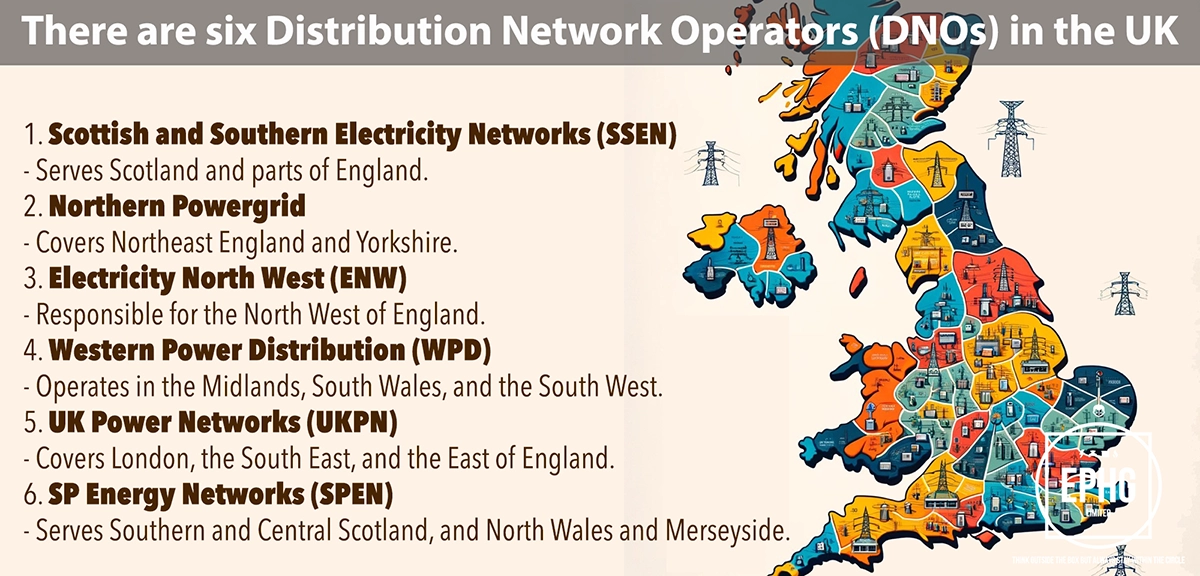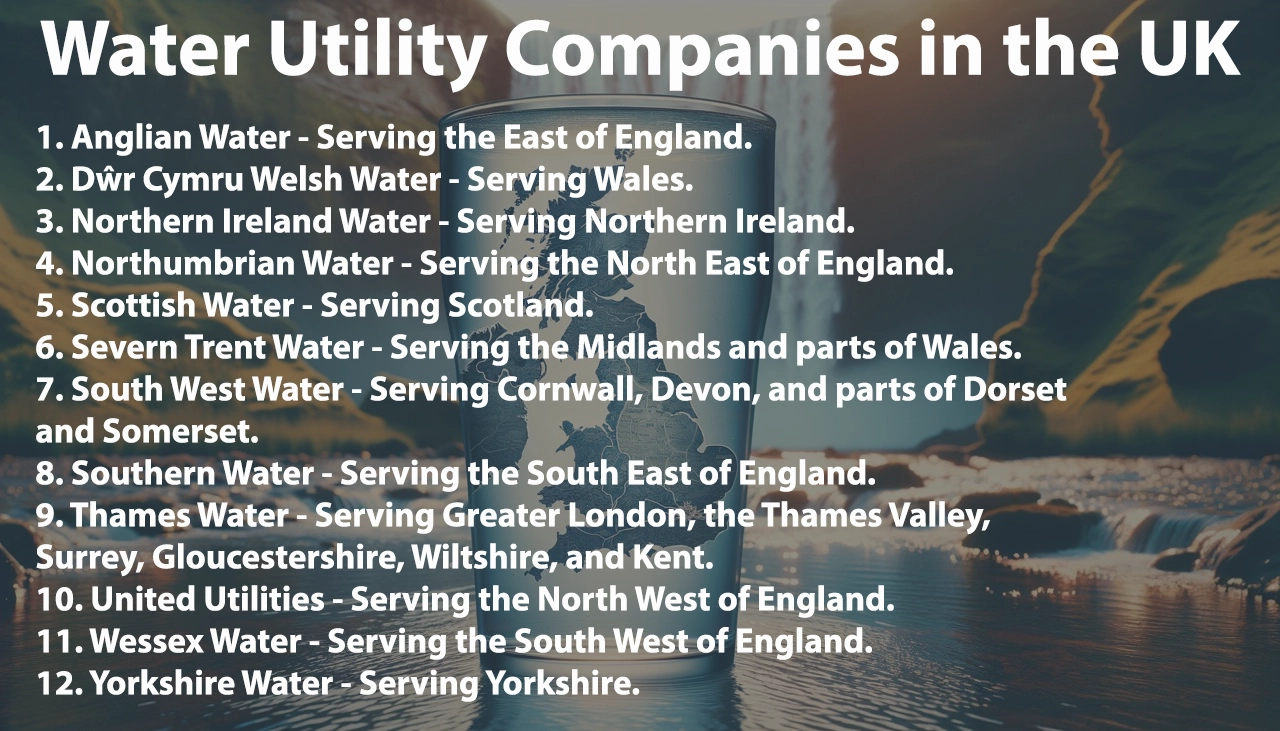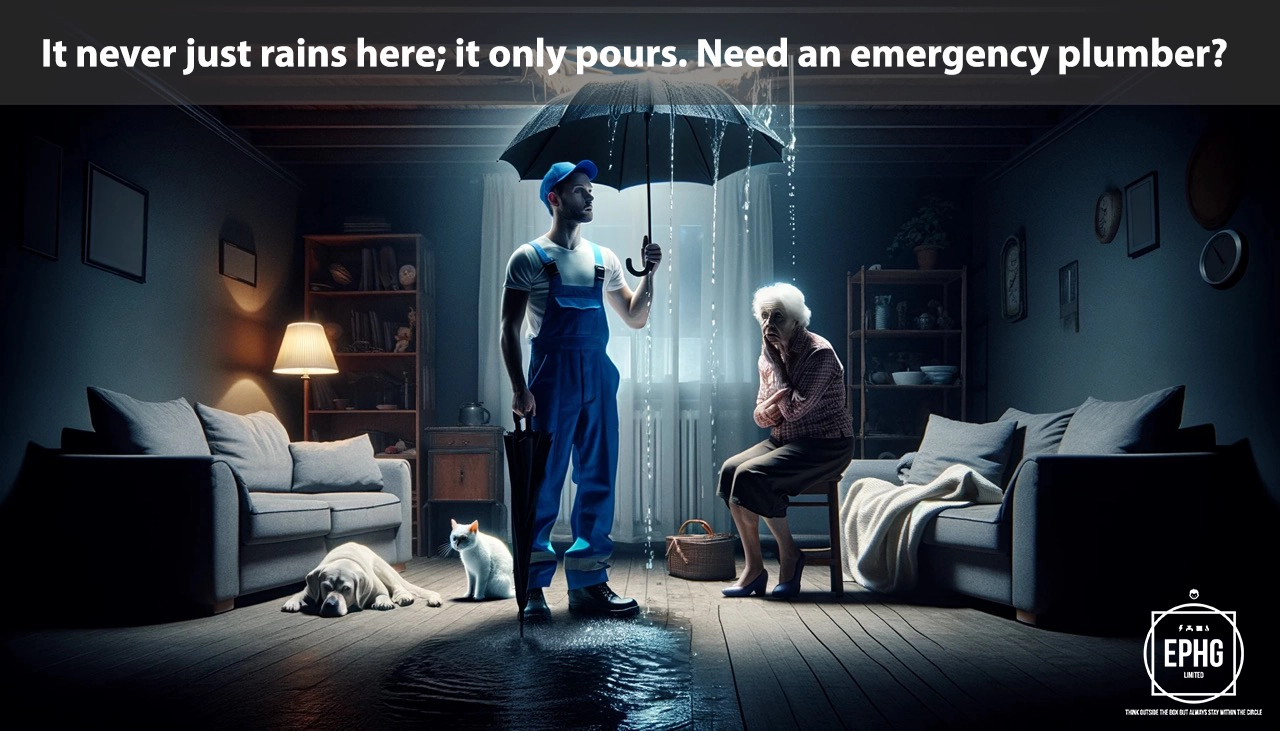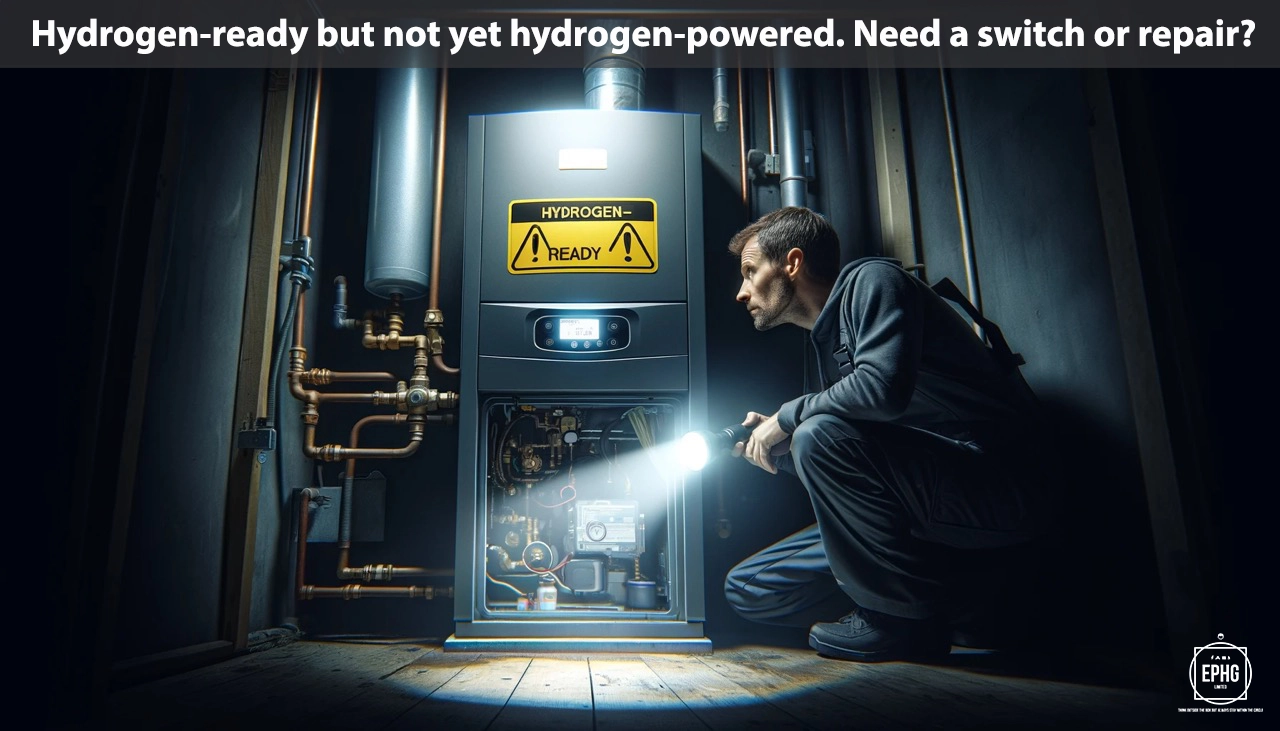
DY Postcodes for Utilities & Services in Dudley and Surrounding Areas
Introduction: The DY postcode area, encompassing Dudley, Kidderminster, Stourbridge, and other localities, offers insights into the local utilities such as water and electricity. Here, we explore the various aspects of these essential services for residents and businesses.
Water in Dudley and Surrounding Areas
Where does the water supply come from in Dudley and is there ever a shortage of water?
In Dudley and its adjacent areas, the primary water supply is sourced from reservoirs, rivers, and underground aquifers, managed by Severn Trent Water. These sources undergo extensive treatment to meet safety and quality standards before distribution. While Dudley generally maintains a reliable water supply, like many regions, it faces challenges such as seasonal variability and the impacts of climate change, which can affect water resources. Severn Trent Water and local authorities work diligently to manage water demand and supply, including implementing water conservation programs during dry periods. Residents are encouraged to engage in water-saving practices to help ensure a sustainable supply for the community.
What is the hardness & quality of the water in Dudley and surrounding areas and can this affect your health?
The water hardness in the DY postcode area varies, with some regions experiencing soft to moderately hard water. This variation is primarily due to the geological makeup of the area. Water quality is closely monitored to ensure it meets all health and safety standards, safeguarding residents against contaminants. While hard water can lead to mineral buildup in appliances, it is not detrimental to health and provides essential minerals. Residents concerned about water hardness can consider using water softeners or filters if preferred. Severn Trent Water provides comprehensive information and advice regarding water quality and hardness for their customers.
Electricity in Dudley and Surrounding Areas
Where does the electric supply come from in Dudley and what is the future of energy there?
The electric supply in Dudley, part of the wider West Midlands region, predominantly comes from the national grid, which incorporates a mix of traditional fossil fuels and an increasing amount of energy from renewable sources. The area is seeing a significant shift towards sustainable practices, with solar panels becoming more common and interest in wind energy growing. The future of energy in Dudley is focused on increasing the use of renewable resources like wind, solar, and biomass, and exploring innovative technologies such as energy storage systems. This aligns with national goals for reducing carbon emissions and moving towards a more sustainable energy future. Local initiatives and investments are likely to continue supporting this transition, aiming to make Dudley a model for green energy in the urban landscape.
When is hydrogen coming to gas boilers in Dudley?
The integration of hydrogen into domestic heating systems in Dudley aligns with the UK's broader strategy to decarbonize heating. While there's no specific timeline for Dudley alone, the area will likely follow national developments, with pilot schemes and the gradual rollout of hydrogen-ready boilers. The UK's ambition is to significantly reduce carbon emissions from home heating, with hydrogen being a key component of this plan. Dudley residents should stay updated on these developments, as the transition will require changes to the current natural gas network and the adaptation of household appliances to accommodate hydrogen fuel. This transition aims to make Dudley's heating systems cleaner and more environmentally friendly, in line with future energy standards.
Where Does the Wastewater Go in Dudley
In Dudley, wastewater management is an essential public service, ensuring the health and safety of the community and protecting the environment. Wastewater from residential, commercial, and industrial properties is collected and directed to treatment facilities, where it undergoes a rigorous cleaning process. These plants effectively remove harmful substances and contaminants, ensuring that the water meets legal and environmental standards before being released back into local rivers or the sea. Investments in infrastructure and technology continue to improve the efficiency and effectiveness of wastewater treatment in Dudley, demonstrating the area's commitment to maintaining a clean and healthy environment for its residents and the surrounding natural ecosystem.
Regions and Services:
The DY postcode area spans a variety of settings, from the industrial heartland of Dudley to the market towns and rural areas of Worcestershire. Key regions include:
- Dudley: The focal point for urban development, featuring extensive electrical and gas infrastructure, and an increasing number of renewable energy initiatives.
- Kidderminster, Stourbridge, and Halesowen: Towns that blend historical industry with modern living, offering a range of traditional and contemporary utility services.
- Bewdley, Bridgnorth, and Cleobury Mortimer: Smaller towns and villages where the push for renewable energy sources is complementing established utility services, reflecting the area's movement towards sustainable development.
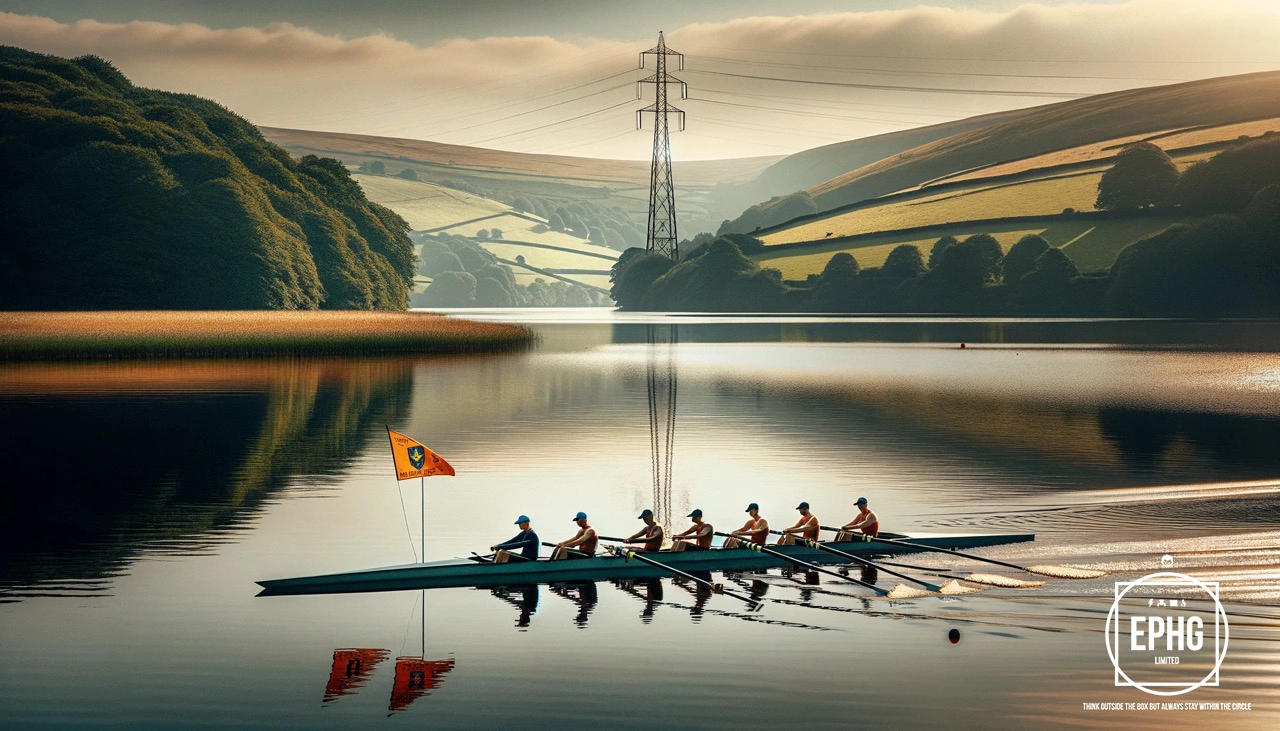
Regions within the DY Postcode
Dudley and Surrounding Areas
- DY1: Dudley Town Centre, Woodsetton
- DY2: Dudley, Netherton, Woodside
- DY3: Gornal, Sedgley, Lower Gornal, Upper Gornal
- DY4: Tipton, Tividale
- DY5: Brierley Hill, Pensnett, Quarry Bank
- DY6: Kingswinford, Wall Heath
- DY7: Stourbridge, Kinver, Enville
- DY8: Stourbridge Town, Wollaston, Wordsley
- DY9: Lye, Pedmore
- DY10: Kidderminster, Chaddesley Corbett
- DY11: Kidderminster, Bewdley, Cookley
- DY12: Bewdley, Arley, Hartlebury
- DY13: Stourport-on-Severn
- DY14: Cleobury Mortimer, Far Forest
Surrounding Villages and Rural Areas
- Includes picturesque villages and countryside areas known for their scenic beauty and community spirit within the Dudley and Worcestershire region.
